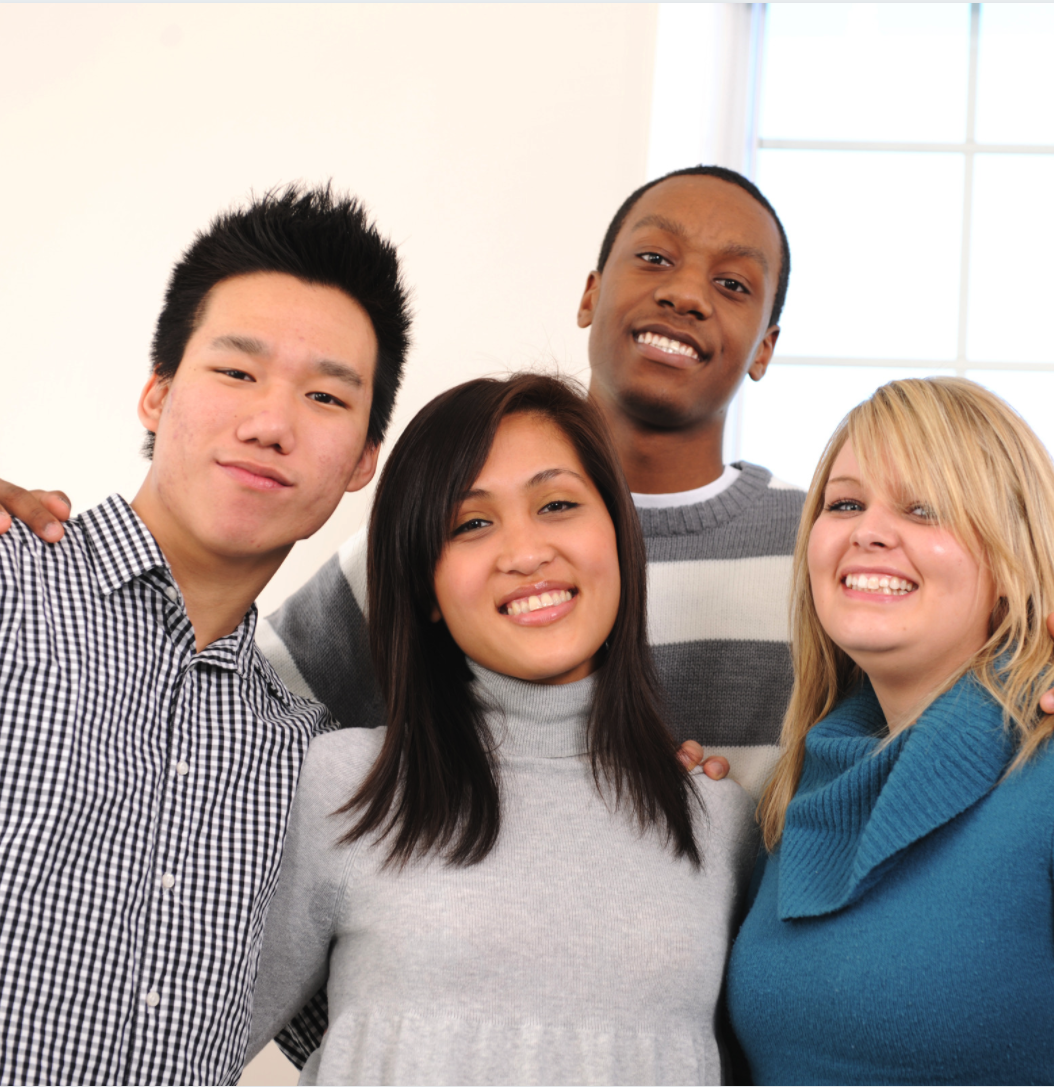Closed Adoption in an Era of Increasing Openness: One Adoptee’s Anecdote
A note from the Author:
When I wrote this article, I was a 17-year-old in the midst of college application season. I was a few months shy of being legally independent from my parents in order to pursue a search and reunion process on my own- all I knew when this was written were the contents of an envelope you will read more about in this piece.
My whole life is an unknown. I dreaded family trees and origin projects in elementary school solely because I have no idea where I come from. Since I was adopted as an infant in an entirely closed case, the lack of information leads me to fantasize about a life that I am waiting to fill. Was she a lonely teenager told to never step foot in her home again if she brought a baby back with her? Was she a millennial too involved in her work to care about children? I could only settle for wonderful and seemingly normal bliss in my adoptive life without ever questioning nature versus nurture, until the day my mom handed me a manila envelope entitled, “Em’s Adoption Info.”
My heart beat rapidly as I scrambled up the stairs and down the hallway until I landed on my bed, hoping for curly-haired siblings with blue eyes to be a reality. An envelope that had been mailed over a decade ago held details of an amorphous, opaque identity, but all I could do was stare motionlessly at the yellow behemoth. I opened it to find a thick packet of non-identifying information, a redaction with nothing left but ages and physical descriptions. I read for about an hour, flipping page after page until I started from the beginning again. I tried not to miss a single detail but, without curly-haired siblings with blue eyes, I felt I was still back at the starting line ready for someone to fire the pistol.
After fifteen years of sketching and erasing pictures of my birth family in my head, this envelope and its contents drew only an obscure outline as a skeleton without its skin. I hit a wall. I was jealous of everyone who knew how they fit into a family, of everyone who never faced ignorant questions, of everyone who had all of their strings attached and functioning. I was disappointed with the innumerable holes in the packet. I felt defeated in an identity that had been decided for me when I was an infant. The little voice inside of me that had said the missing puzzle piece would lock into place was a liar, although another voice said this was an adventure worth taking.
As an adoptee, my search for identity started long before the average eighteen-year-old even ponders a life separate from their parents. My identity, shaped wholly by nurture, came together from a strong foundational community that has made me embrace the person I am today, regardless of my own nameless genealogy. As I gain independence and discover a sense of newfound power over my story, I find community to be an integral part of shaping the unique adoptee voice I have. With such a limited adoptee community, I always found it difficult to settle into a group that understood the depth of my identity. When I entered high school and encountered a plethora of clubs, I decided to sign up for ones that helped mold me as an individual. Every year, I have progressively formed an identity that encompasses more than the missing puzzle piece of my life. I combined my interests into values that shape my life as a student, daughter, friend, and as an adoptee with a resilient voice.
As I embark on a successful reunification with my birth family in the coming months, I realize that the constricting box of human relationships does not simply describe my life. My life has felt wholly defined by nature versus nurture and the role of biology, or rather, the lack thereof. A simple question of where I am from or how many siblings I have precipitates uncomfortable thoughts of a past of which I am unsure. Although the future of my biological identity is uncertain, breaking the seal of that manila envelope transitioned restless wonder into a more concrete path toward a part of myself that I need to know.
Endnote:
Recent research done by National Council For Adoption reflects that 75% of those who adopted children in private domestic placements between 2011 and 2021 have contact with the birth families. Although adoption practice has leaned toward more open contact, this leaves 25% of adoptions that are still described as closed placements. For children adopted domestically from foster care during that period, 43% have contact. Finally, for intercountry adoptees in the same timeframe, only 11% have birth family contact. My hope is that this piece speaks to the adoptees for which the reality of closed contact is still true.
About the Author:
Emily Kwiatkowski is an adoptee originally from Springfield, Virginia. She is a 2022 University of Tennessee-Knoxville graduate with a BSSW and will pursue an MSW at The University of Pittsburgh beginning in August 2022. She is a summer 2022 intern at National Council For Adoption, a position that she says was equally rewarding and healing. One of her greatest desires is to work in an adoption-competent, clinical setting post-graduation. She hopes that her practice, informed both by personal experience and academic knowledge, will shift the historical narrative and center adoptees as the orators of their unique stories. Within a year of writing this piece, she found two fully biological (but also adopted) siblings, her birth mother, as well as other family members. While the active process of searching for her birth family is over, the lifelong journey of adoption will always continue to mold her in multiple capacities.
